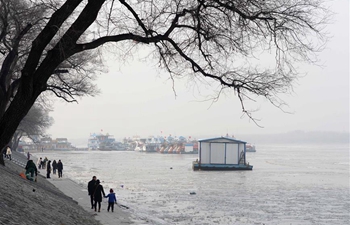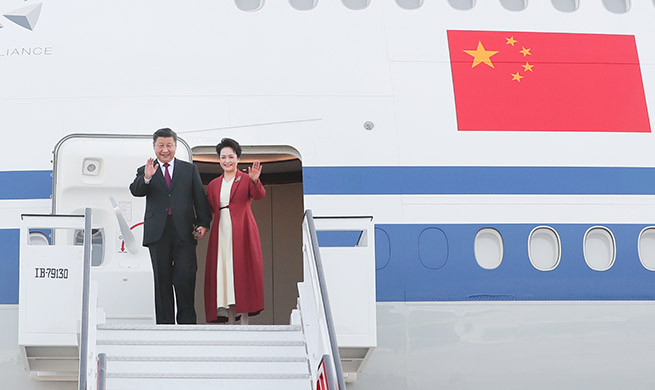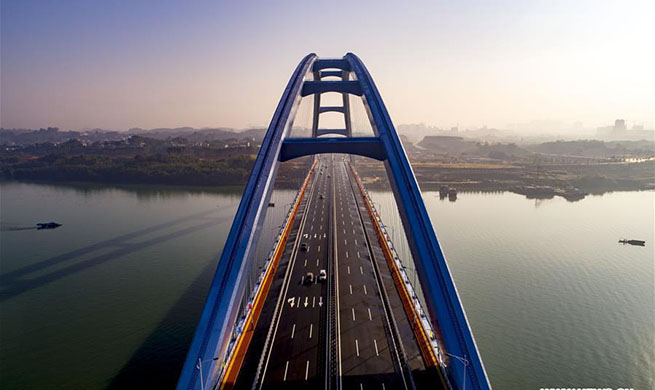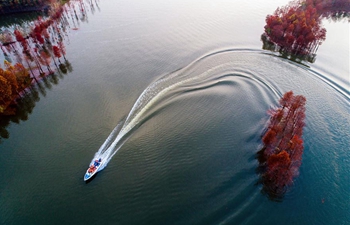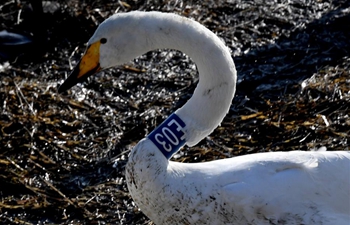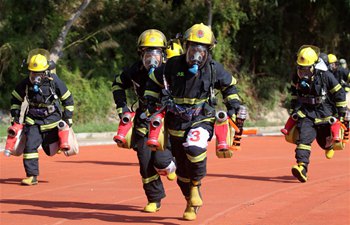NAIROBI, Nov. 27 (Xinhua) -- The World Bank has applauded the rising investment portfolio in the blue economy sector, which comprises investments in reducing the pollution at sea and ensuring that millions of people around the world have access to clean water, its executives said on Tuesday.
In a statement issued at the Sustainable Blue Economy Conference underway in Nairobi the lender said it had raised 66 billion shillings (about 660 million U.S. dollars) in sustainable bonds, which highlight the critical role of the oceans and water resources play in international development.
The Bank has committed 37 billion dollars in water resources and other ocean-related portfolio of more than 4 billion dollars, which include funds invested in a project in the Philippines and Indonesia, aiming to reduce the marine pollution, according to Bank executives.
"We are delighted with the diverse range of investors that have purchased our bond series and appreciate the commitment of all stakeholders to new approaches to ensuring better stewardship of our fresh water and ocean resources," said Arunma Oteh, World Bank's Vice President and Treasurer.
The Bank through its International Bank for Reconstruction and Development has managed to raise the 660 million dollars through the Sustainable Development Bonds, which aim to assist the development finance institution to achieve broader goals set out in the U.N. Sustainable Development Goals 14 and 6.
"We are pleased that investors are committing to increase access to clean water and protecting the health of our oceans, both of which are vital to the sustainable growth of economies, livelihoods and the future of our planet," said Laura Tuck, Vice President of Sustainable Development at the Bank.
The Bank has invested 550 million dollars in projects to reduce pollution of the oceans in the Philippines and Indonesia.
The Bank officials said investments in enhancing the blue economy sector were focused on helping countries accelerate efforts to aid communities living in coastal areas to cope with shrinking coastlines and improving the management of fisheries and fish stocks.
The leaders attending the three-day conference have focused their discussions on the need to assist communities living in coastal areas to deal with pollution of waters, harvesting of water resources and smart technologies investments in order to make industries operating at sea to become profitable.
The blue economy conference is focused on building the capacity of ports, shipping facilities and marine safety, which require input of both government and private sector investors to develop.
According to the World Bank, it becomes more challenging to maintain focus on fresh water and salty water resources, which requires that both the private sector and the government are involved in developing innovative financial solutions.





